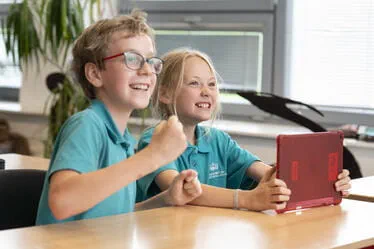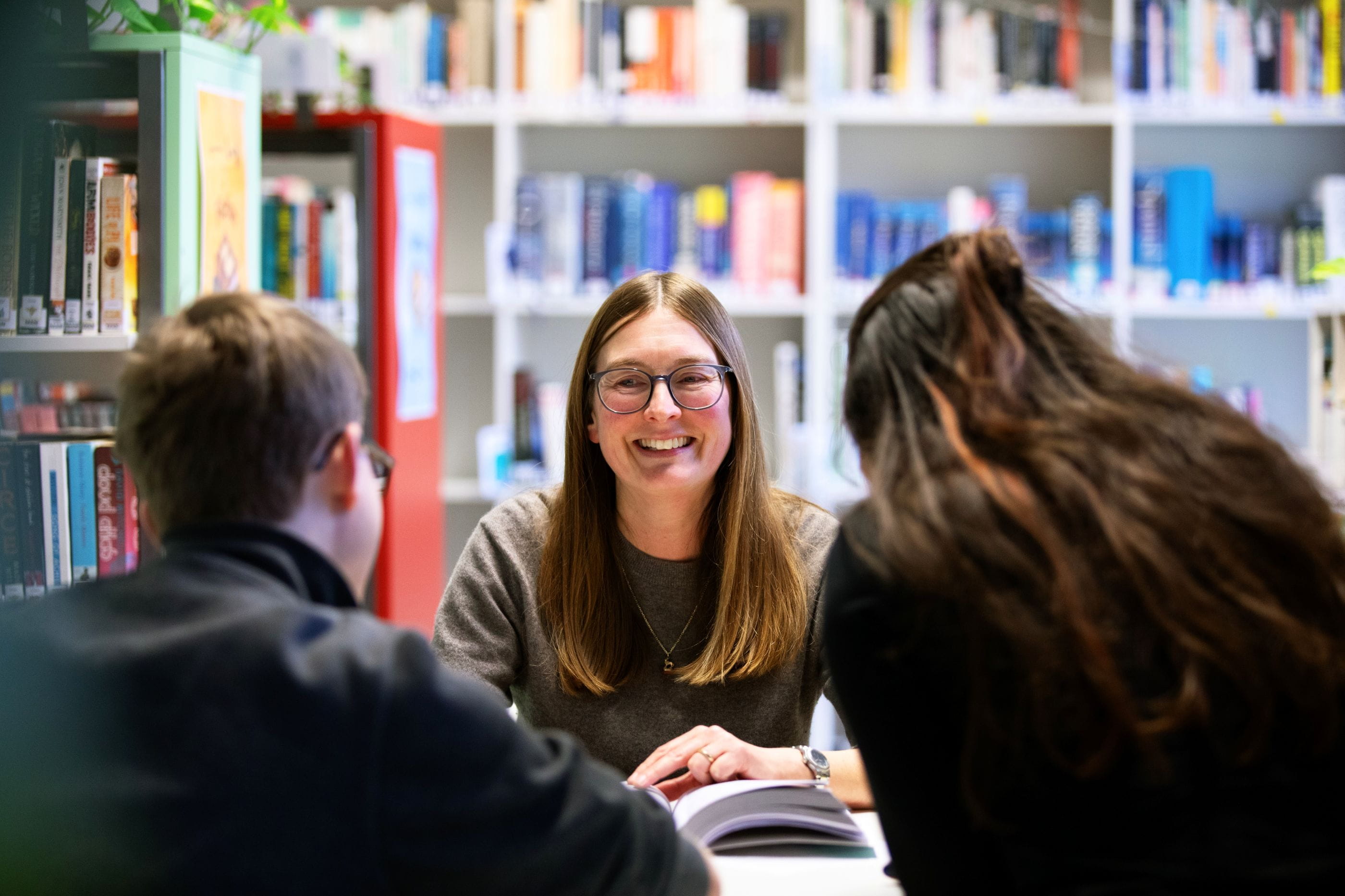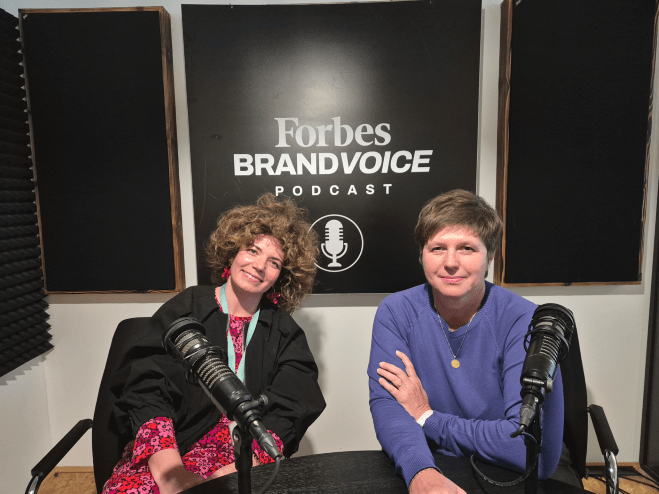How does a University Career Counsellor help students?
I predominantly help students in three ways:
- One-to-one sessions where students can talk to me about what they'd like to study at university or what career pathways might be the best for them and how to get there.
- I organise events for students to help them understand what their next steps are after school or university.
- Understanding and helping guide the students through the administrative process of applying to destinations all over the world, and navigating the complex bureaucracy involved.
Universities around the world?
Students apply all over the world, but our current top three destinations are the Netherlands, Czech Republic, and the UK where most of our students tend to concentrate on going to universities in London because of its multiculturalism. In the UK there's a set of universities called the Russell Group, the top twenty-four most prestigious universities in the UK, from which many of our students get placement offers.
What is the application process?
It is the student’s responsibility to complete their own applications, but the process varies, depending on which destination they go to. The UK is a good example - students complete their application on a centralised application system called UCAS, which allows them to apply to five universities and school will upload their reference and their predicted grades onto that.
Throughout the world, there are different application systems. There are centralised ones like the UK, Ireland, and the US (called Common App), while other countries require students to apply directly to the university, such as in the Czech Republic. Meanwhile, the process in the Netherlands can be particularly challenging to navigate, because half of it is centralised in-house and the other half is direct to the university.
Recently there's been uncertainty around, such as Brexit and COVID. How can students stay on top of everything?
We subscribe to an online platform called Unifrog, which is a great tool. It allows you to search for any university course taught in English around the world, it also offers webinars on different topics. If students are uncertain about what they want to study at university or what job they might want to do when they leave school, they can type in their three favourite subjects, and Unifrog will generate suggestions personalised for them.
I keep up to speed with the current situations around the world, I research university applications, the labour markets as well as changes so I can support student adequately. For example, COVID has made students prefer to stay a little bit closer to home and Brexit has had an impact on the popularity of the UK. Part of my role is to look at alternatives for students in Europe. This year we've had an upswing of interest in places like Italy and in Spain, and Denmark looks to be an upcoming destination so we can research into these further and then support students' applications to these varying destinations.
What is your advice that you give to students?
It's all about making an informed choice. For example, carefully reading the university website and the content of the courses is vital.
Look at the modules, look at the professors who teach those subjects. Are they researching in areas that you're interested in?
Students are familiar with the curriculum being consistent across different schools at IB level. What they don't realise is that at universities, the subject may be taught very differently and will focus on distinct aspects depending on which university they choose. Let’s look at history - that has many wide-ranging themes from economic history, social history, etc., so students should carefully look at what it is they're interested in, so they don't end up on a course that doesn't inspire them. I speak to students about these different issues and provide tips on how to make an informed choice.
The most successful students are the ones who start the earliest. By Year 12, they should have an idea of which universities they might be applying to. In Year 12, students who've already tried writing a motivation letter or an essay for university applications, tend to be more successful than students who leave it till later. Applying to university is a time-consuming process.
What would you suggest to Year 12 students who are unsure about their next steps or a university?
Students can think about what they like to do in their spare time, hobbies, or interests that they have and what they relate to. There may also be a subject that they’ve not even heard of but are curious to know more, such as anthropology, which is the study of human societies, their culture and development.
If you’re unsure about what area you want to study, but you think you may do something scientifically related in the future, it's important that you keep Maths and Science within your IB subjects, ideally with at least one of them at higher level. It's possible to swap from Science to Humanities, but it's not possible to swap at a late stage from Humanities to Science.
Deciding what to do after school can be a daunting prospect. My door is always open to students, and I am happy to navigate them through these complex decisions. I'm always happy to meet with parents too and it's great when parents work in partnership with the school and their child. Together we can provide the best support we can to help our young people navigate these big life decisions.




.jpg?h=720&iar=0&w=900&rev=de947653c2a2484f87338b2444b6196b&hash=BC84BBE1E51B3435AF3876B8D1C2385F)


.jpeg?h=1066&iar=0&w=1600&rev=7196eef1aad64a45a4b6f6433d69b0c3&hash=2775A262AD2AC7991291B8B5D32772D3)
